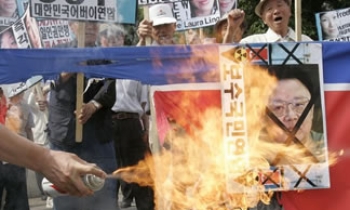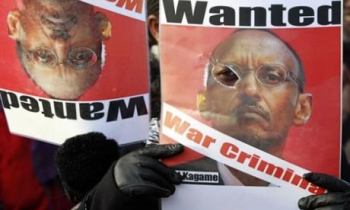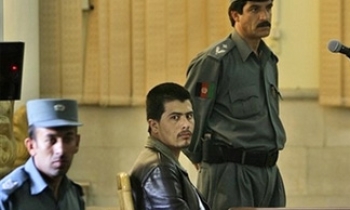Baghdad: Iraq is currently the most dangerous place for journalists to work. Since the war began, 231 journalists and media workers have died in the line of duty, while 15 others were killed in May - making it the deadliest month ever recorded.
This month witnessed an unprecedented wave of violence against journalists.
A journalist working with an Arab newspaper based in Baghdad told Gulf News that Iraqi Prime Minister Nouri Al Maliki ordered petrol stations to provide facilities to pressmen so they can fill up petrol easily at stations without waiting in long lines.
"On one occasion, I showed the station's guards my identity card and they allowed the driver who accompanied me to enter," added the journalist who asked not to be identified for safety reasons. "We filled the car with gasoline and left the station. Being cautious [the driver and I], we kept monitoring through the car's mirror for any suspicious cars chasing us. We recognised a car with three young men following us and we decided to head towards Iraqi President Jalal Talabani's house and stopped at a Peshmerga (Kurdish fighters) checkpoint ... We were able to survive an assassination."
Other measures taken to curb violence against Iraqi journalists include allocating the Al Sadoun petrol station for them. This station is protected heavily by Iraqi armed forces. Ali Khalil, a journalist in Azzaman newspaper, was assassinated by gunmen in front of his relatives' house in Bai'aa neighbourhood last month.
Editor of daily found slain
The managing editor of a daily government-run newspaper launched with US funding after the fall of Saddam Hussain was found slain on Sunday, the 85th Iraqi journalist to be killed in Iraq since the war began.
The body of Filaih Wadi Mijthab of the daily newspaper Al Sabah was discovered in Baghdad the same day a four-day-old curfew imposed after the bombing of a Shiite mosque in the city of Samarra was lifted.
Mijthab was kidnapped on Wednesday by gunmen in several cars who intercepted his vehicle as he drove to work. Iraqi journalists are constant targets of insurgents.
Meanwhile, some residents of Baghdad speculated that Iraqis simply were tired of Sunni-Shiite violence, which exploded in February 2006 after the first bombing of the Golden Mosque. They also said many Iraqis suspected US involvement in the latest attack, a theory put forth by radical Shiite cleric Muqtada Al Sadr.
The cleric has said the United States and Israel planned the attack to instigate sectarian violence and divide Muslims.
"People are more aware now that there are foreign hands behind these incidents," said 23-year-old Zuheir Abdullah, a shopkeeper in the mixed neighbourhood of Karada.
"Sure, there will be sporadic incidents here and there, but not similar in magnitude to what happened previously."
Haidar Majeed, 21, agreed. "People are really tired of this whole Shiite-Sunni thing," he said, echoing many Iraqis' views that before the US invasion sectarian bloodshed was rare.









